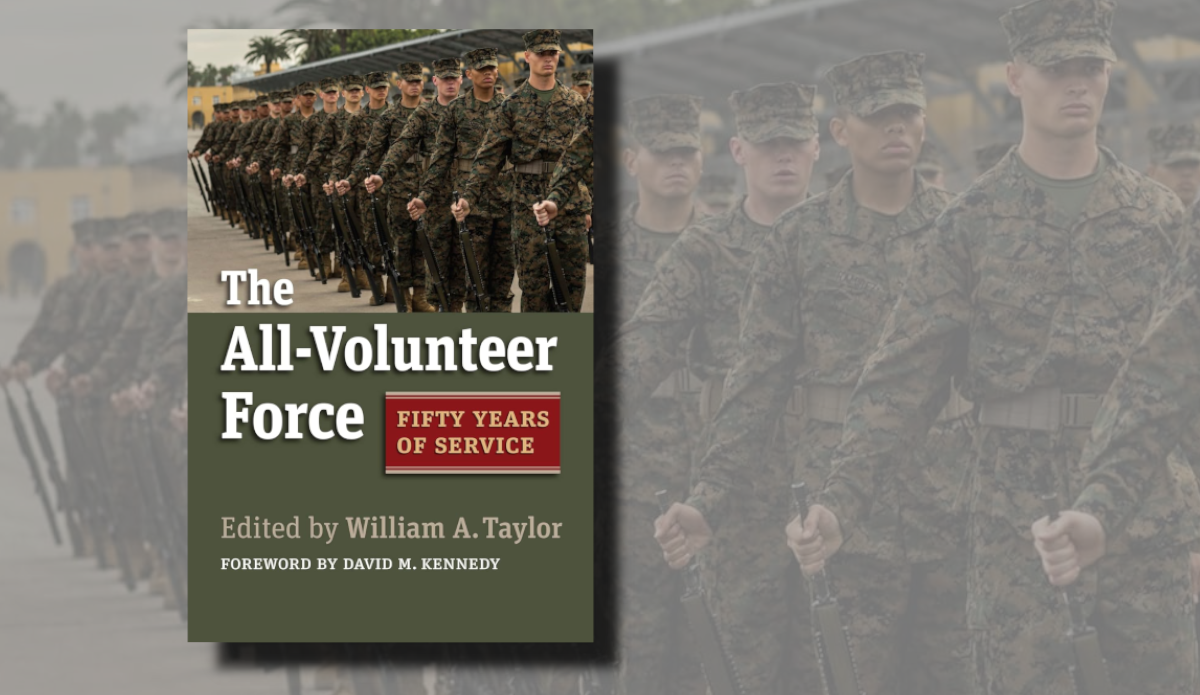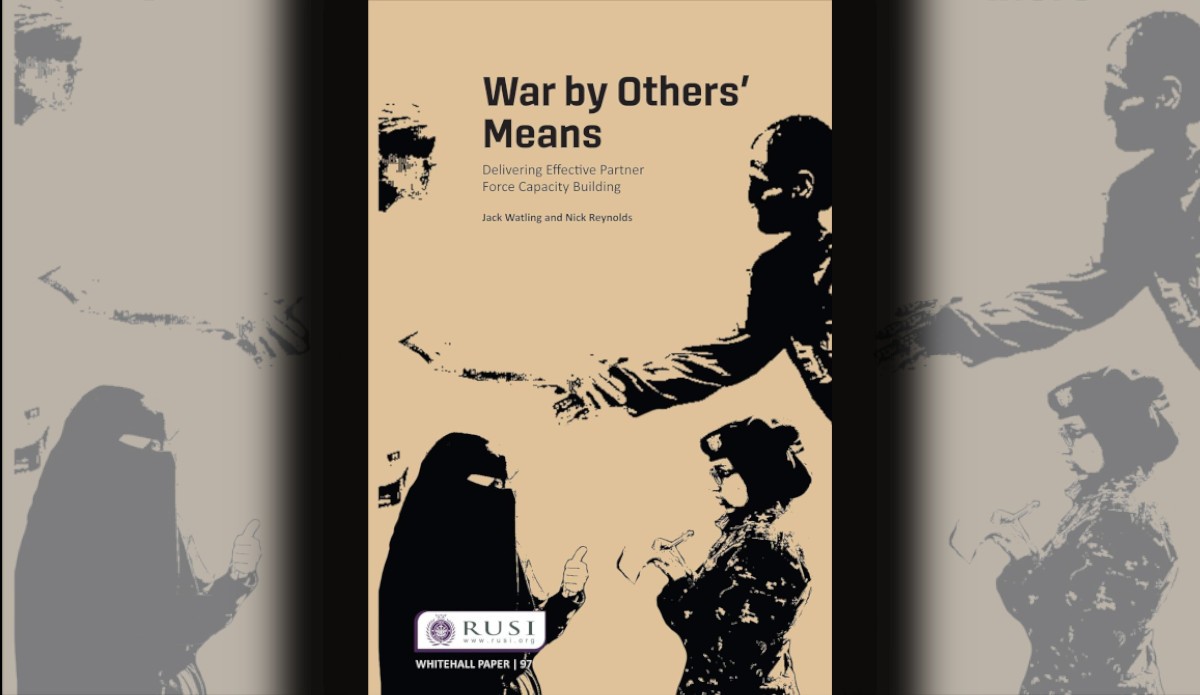Emerging Threats and Opportunities (The UK Integrated Operating Concept)
In late September, the UK Chief of Defence Staff, General Sir Nick Carter launched the Integrated Operating Concept, a summary of which appeared in ETOs. This document and its launch are notable in the manner with which they articulate the threat perceived by the UK Ministry of Defence, and therefore warrant deeper analysis. Gen. Carter’s speech was hosted by General David Petraeus (ret.), available on Youtube (here), marked by a hawkish framing of contemporary conflict:
‘Our authoritarian rivals see the strategic context as a continuous struggle in which non-military and military instruments are used unconstrained by any distinction between peace and war.’
The Integrated Operating Concept is poignant in its recognition that ‘we face an inflection point between the Industrial Age and the Information Age.’ As a result, ‘we must acknowledge that we are in a state of persistent competition… More of the same will not be enough.’ With such terminology, the concept appears revolutionary with regards to contemporary military strategy.
A revolutionary view might be reinforced by a comment that seemingly challenges norms of civil-military relations and the dynamics of Westminster agencies: ‘The old distinction between foreign and domestic defence is increasingly irrelevant.’ Arguably, however, this statement only captures a century-long existing trend of UK military domestic support to civilian agencies, spurred by Irish Republican terrorism. Most recently, however, UK military support to domestic agencies has been marked by a forward-leaning counter-terrorism strategy and the response to the Salisbury poisoning of Sergei Skripal and his daughter.
A heightened articulation of threat to UK society is nonetheless strongly evident in the IOC, where it identifies that information tools undermine democracy. The framing of such threats does not under-estimate their impact, interestingly emphasising the impact of such threats by using the following terminology: ‘Nor do weapons of mass effect reside exclusively in the chemical, biological, radiological and nuclear spheres, but extend to the cyber and electromagnetic Domain.’
The IOC shares similar aspects to Accelerated Warfare, in that it argues that ‘the pace of technological change and proliferation is rapidly broadening and deepening the threat spectrum… [where] commercial technologies have disrupted the economics and character of warfare.’ These changes, the IOC posits, ‘will make it extremely hard to hide today’s military signature anywhere on the globe,’ driving a necessity for ‘a mix of crewed, uncrewed and autonomous systems … to make a step change in lethality and utility.’
The IOC argues that against such threat, ‘maximising advantage will only be realised through being more integrated,’ proposing the UK military ‘move beyond ‘jointery’ -[where] integration is now needed at every level.’ Integration in this context, also means being ‘allied by design’ to ‘improve interoperability and burden share more effectively, thus amplifying our weight and mass, particularly through NATO.’
Most interestingly, the IOC suggests that ‘a mindset and posture of continuous campaigning’ is required, in which the UK ‘recognises the need to compete below the threshold of war in order to deter war, and to prevent one’s adversaries from achieving their objectives in fait accompli strategies.’ Firstly, a continuous campaigning mindset, ‘that magnifies the employment of the military instrument as part of a ‘total’ national enterprise’ does seem to reinforce the aforementioned ‘revolutionary’ approach to civil-military relations that this concept suggests. Second, the suggestion of competing below the threshold of war, intimates a UK willingness to employ ‘grey zone’ tactics, in turn raising questions of policy, mandate and authorities for the conduct of such actions ‘that may test the traditional limits of statecraft.’ Third, it suggests a heightened willingness for being ‘forward deployed to assure influence, to deter and to reassure.’ Indeed, the IOC posits that ‘through persistent engagement this global network contributes to understanding and insight and assuring regional access.’
In sum, the IOC presents a cognitive challenge ‘that modernises from an industrial age of platforms to an information age of systems’ where ‘people are drawn from a much wider base to assure the skills we need.’
‘At the heart of this is the idea of Integrated Action, a doctrine that requires commanders to think beyond the enemy and consider the additional effects that need to be applied to the many other actors (particularly local populations) who are relevant to the achievement of the objective, before orchestrating the appropriate mix of physical, virtual and cognitive actions… They require a mindset that thinks in several dimensions so that escalation and de-escalation is dynamically managed up and down multiple ‘ladders’… It requires us to think very differently about the employment of the military instrument as part of modern deterrence.’
Responses to the IOC
The release of this concept is seemingly well supported by the think-tank community; indeed, Gen Carter quoted work by the Australian Strategic Policy Institute within his speech. Over the past year, the Royal United Services Institute had released a suite of papers whose key recommendations appear within the IOC, namely: Competitive Advantage and Rules in Persistent Competitions, Performing Information Manoeuvre Through Persistent Engagement, The Future of Fires, and Requirements for the UK’s Amphibious Forces.
Regionally, Finland’s whole-of-government response to ‘hybrid warfare’ tactics shares several common elements with the UK’s IOC. A heightened sense of threat is also clearly apparent in Estonia, which recently announced an intention to sharply increase military spending on coastal defences, focussed upon sea mines and anti-ship missiles. NATO’s recent initiative with the first Secretary General’s Advisory Group meeting on Emerging and Disruptive Technologies, is also indicative of European adjustments to a perception of heightened threat. In this context, the UK’s strong position is believed to be positively received by NATO.
Defence News captures the importance of this UK document by recognising that the strategy ‘represents the most significant change in UK military thought in several generation. It will lead to a fundamental transformation in the military instrument and the way it is used.’
The views expressed in this article and subsequent comments are those of the author(s) and do not necessarily reflect the official policy or position of the Australian Army, the Department of Defence or the Australian Government.
Using the Contribute page you can either submit an article in response to this or register/login to make comments.


